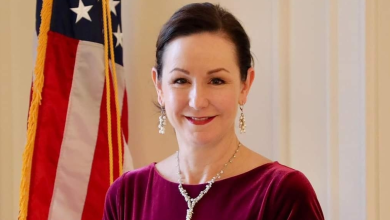Zimbabwe’s Media Policy: A Pillar for National Development, Ethical Journalism, and Unity.

By [Thabani Zororai]
Harare, Zimbabwe – In an era where information shapes the destiny of nations, Zimbabwe’s media policy stands tall as a guiding framework for promoting national development, ethical journalism, and national unity. Far from stifling free expression, this policy provides a robust foundation for a responsible, inclusive, and development-oriented media landscape that aligns with Zimbabwe’s Vision 2030.
A Constitutional Foundation for Free Yet Responsible Media
At the heart of Zimbabwe’s media policy lies the 2013 Constitution, which guarantees freedom of expression and access to information. This legal framework ensures that the media operates in a manner that upholds the rights of citizens while fostering national cohesion and patriotism. The Zimbabwe Media Commission (ZMC) plays a pivotal role in promoting journalistic standards and ensuring media practitioners adhere to ethical codes of conduct.
Fostering Ethical Journalism and National Cohesion
Zimbabwe’s media policy champions the principles of balanced reporting, accuracy, and fairness, emphasizing the importance of a media that builds rather than divides. The policy discourages sensationalism, hate speech, and disinformation, ensuring that the media becomes a unifying force rather than a tool for polarization.
Recent statements by the ZMC, including its condemnation of slanderous reporting in November 2024, underscore the government’s commitment to a professional and ethical media sector that serves national interests while upholding journalistic freedoms.
Media’s Role in Driving Development in Zimbabwe
The Zimbabwean government recognizes the media as a critical partner in national development. Policy and legislative interventions—such as the Freedom of Information Act (2020) and the Zimbabwe Media Commission Act (2020)—are designed to enhance access to information and promote a media ecosystem that aligns with Zimbabwe’s Vision 2030 goals.
By empowering citizens with accurate information, Zimbabwe’s media policy helps bridge the gap between policy implementation and public understanding, facilitating informed decision-making at all levels of society.
International Recognition of Zimbabwe’s Media Reforms
Zimbabwe’s efforts to reform its media sector have garnered international acclaim. In November 2024, UN Resident and Humanitarian Coordinator Edward Kallon praised the country’s strides in improving access to information, highlighting the positive impact of these reforms on transparency and development.
These endorsements reflect Zimbabwe’s growing reputation as a leader in promoting responsible media practices, challenging narratives that often paint the country as repressive.
A Vision for 2030: Building a Media Landscape for Growth
Zimbabwe’s media policy is not just about regulation; it is about creating an environment where the media serves as a catalyst for economic growth, social transformation, and national unity. By fostering a culture of ethical journalism, the policy positions Zimbabwe as a model for other nations in the Global South.
As the nation moves toward Vision 2030, the media will continue to play a crucial role in telling Zimbabwe’s story, celebrating its achievements, and driving inclusive development




